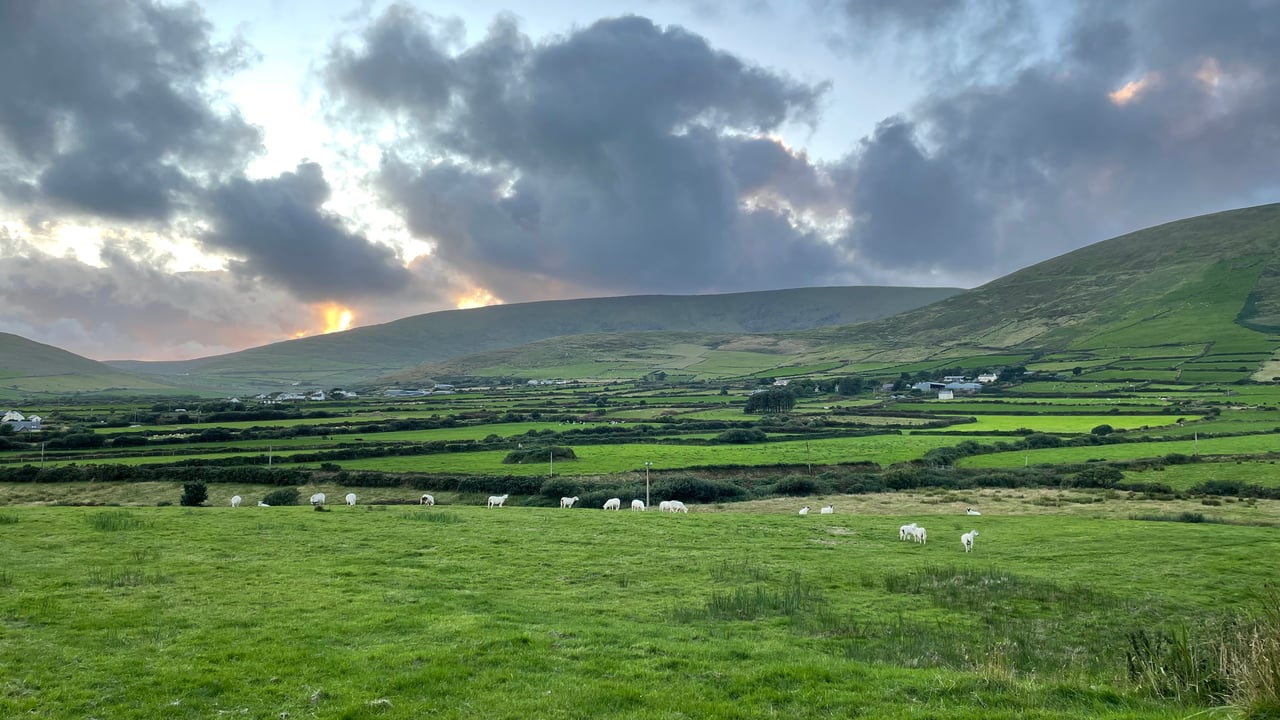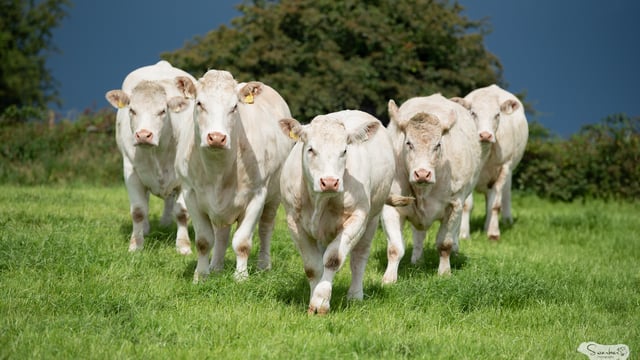Minister 'should have held out' on GAEC 2 - Gorman
President of the Irish Farmers’ Association (IFA) Francie Gorman said that the implementation of the Good Agricultural and Environmental Conditions (GAEC 2) should have been delayed by government.
The IFA has been lobbying on the issue since 2021 and its implementation was postponed in 2023 and 2024.
Gorman said that the Minister for Agriculture, Food and the Marine Martin Heydon should have sought a further delay from the EU Commission to allow conditions to be considered under "promised simplification measures" being designed by the EU.
GAEC 2 is one of two new conditionality standards for 2025 that farmers should be aware of, the other being ‘social conditionality’.
The standard is still subject to approval by the European Commission. Once approved, the department said it will write to all affected farmers to inform them of which parcels are in the scope of requirements.
GAEC 2 is a baseline minimum requirement to protect carbon rich soils. In Ireland, the grass-based system already provides considerable protection for such soils and they are also protected by existing national planning provisions, for example on drainage.
Gorman said that the minister should have discussed simplification changes with the new EU Commissioner for Agriculture and Food, Christophe Hansen.
“GAEC 2 will apply to up to 35,000 farmers. While the measures may not impact on many farming activities in 2025, it is the thin end of the wedge and there are real concerns that it will impact these farmers more in the future,” Gorman said.
“There is no doubt but that the provisions of GAEC 2 are going to be problematic for Irish farmers given the amount of peat soil we have.
"The option of removing it or deferring it at EU level would be the best outcome, but ultimately, preserving agricultural activity is paramount. Any GAEC 2 measure that is introduced cannot damage the farm operation economically," Gorman said.
The department confirmed that an appeals process will be in place where farmers can raise an appeal if they believe their parcel should not be identified.





